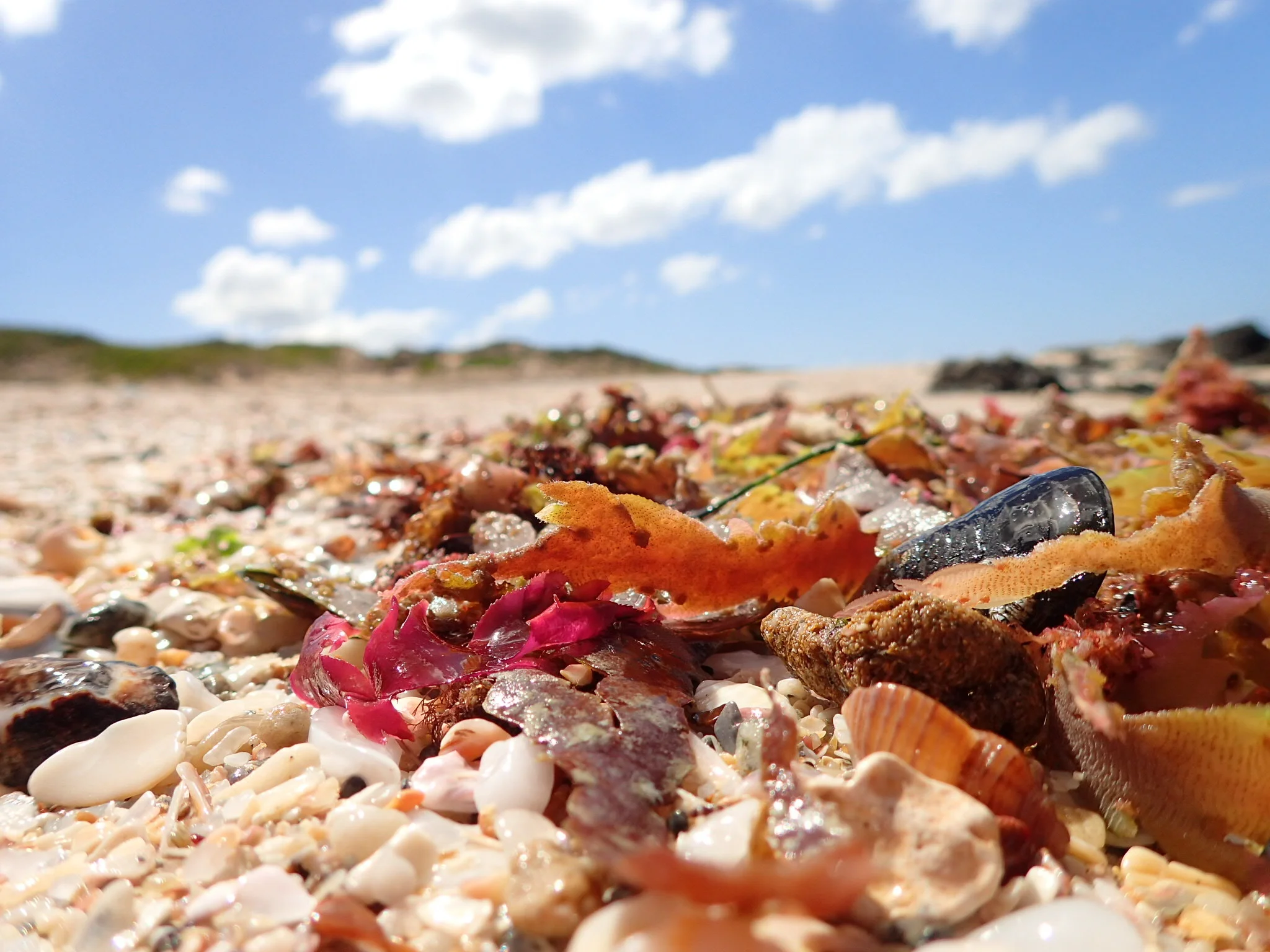But What Can I Do?
Sarah Halse
Here is a little self-help eco-warrior guide for anyone in three simple steps, because with all the information floating around, it’s easy to get overwhelmed.
We are inundated with environmental horror stories that’ll give even the most die-hard scream movie junkies the heebie jeebies. From beached whales with plastic swollen bellies, to birds falling from the sky, to oceans turned green and corals bleached white, to exploited food sources and vulnerable communities. Whilst the nitty gritty of the issues might be debated, there is no arguing that we face a man-made disaster of global scale and we need to propel the change. But how?
Since I simply can’t say it as articulately as Terry McGlynn (@hormiga), I will let him do it
“We won’t fix the climate crisis by individually changing our diets or our transportation. We have to change our policies, laws and energy infrastructure. This is the climate action we need. Sure go veg, take public transport, etc. But that’s just the gravy.”
Photo: Sarah Halse
Start with the Gravy
Reduce, reuse, and recycle your footprint. It is a cliché that has stood the test of time because it works. However, it doesn’t just apply to waste management, this golden nugget is an easy when-in-doubt go-to for everyday living.
Reduce meat and dairy product consumption. Buy local. By ethically. Refuse packaging. Compost organic waste. Recycle other waste. Conserve water. Adopt renewable energy like solar power or hydroelectric. Switch off your lights. Cold wash and hang dry clothes. Reconsider the number of kids you have. Reduce air travel. Reduce use of fossil fuel guzzling cars. Use public transport. Plant a tree.
This is by no means an exhaustible list, merely an illustration of the options. The little things do matter. As do the big things.
Educate yourself because knowledge is power
Knowledge is exceedingly accessible nowadays, almost too accessible. To add fuel to the fire, in an era of ‘fake news’ not everything we read or hear is true. Whilst being confronted with environmental catastrophes, we are also left in the dark trying to decipher the fact from the fiction. A crucial step to being the change is to know what needs to change.
A pretty and fluffy sensationalist you-tube video does not a factual reference make, but it is an effective method of communicating an issue. Make sure your knowledge base is from accredited, reputable media bodies or better yet, peer-reviewed journals (or articles that reference peer-reviewed works). When in doubt, crosscheck information using reliable sources, if it is nice it will be said at least twice. Arm yourself with cold, hard fact; there is nothing more empowering.
Tired of this being your beach experience? Have your own clean-up every time you visit. You can make a difference! Photos: @ritasteyn
Shout about the big things
Now this is perhaps the most important thing. Politics and policy decisions, as well as science, are no longer a discussion for only Houses of Parliament. Brought into the public sphere and coupled with the speed of which information is disseminated, there is an increasing need for dynamic, proactive response to policy and change.
Vote. Share knowledge. Spread awareness. Contest poor policy. Advocate for good policy. Pursue policy makers. Join organisations and support them. Write letters, make posts, tweet, call, attend rallies and petition. Let companies and government know when they have crossed the environmental line. My last cliché because if it works, you work it hard, every little bit helps.
Side note. Do not be intimidated, no one is expected to do it all. Small change is still change. ‘Environmental shaming’, belittling one cause for another, is very fashionable, but any form of environmental consciousness is valid.
Together we can all do our part for cleaner, healthier, more beautiful beaches and coastlines. Photo: @ritasteyn



